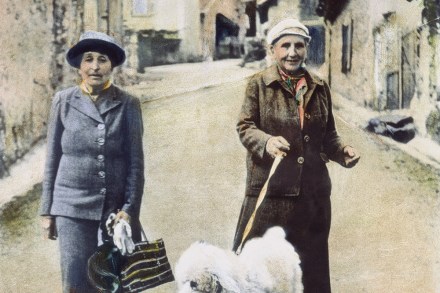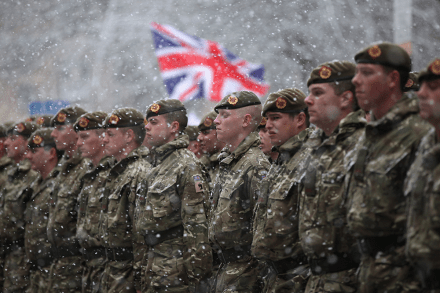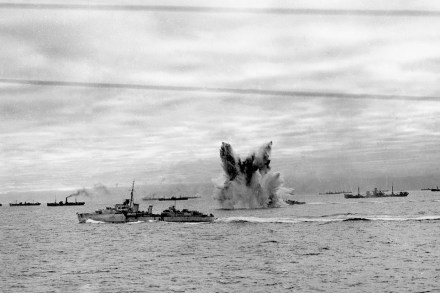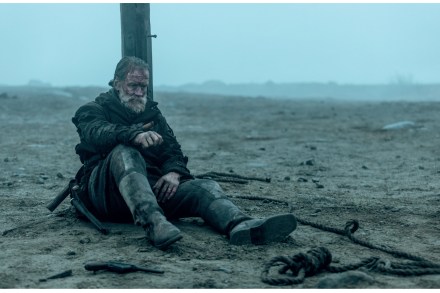The greatest military folly of modern times
I don’t want to rain on the new Entente Amicale’s parade; it’s just that whenever we get cosy with the French, military disaster seems to follow. In 1914, a decade after the signing of the Entente Cordiale, the War Office fell hook, line and sinker for the Conseil Supérieur de la Guerre’s doctrine of Attaque à outrance (attack to the extreme limits) and ludicrous Plan XVII. By April the following year we’d lost most of the regular army. In 1939 we again sent an expeditionary force to France and in May 1940 we fell for the Conseil’s ‘Dyle Plan’. This involved abandoning the field defences constructed during the winter and




















